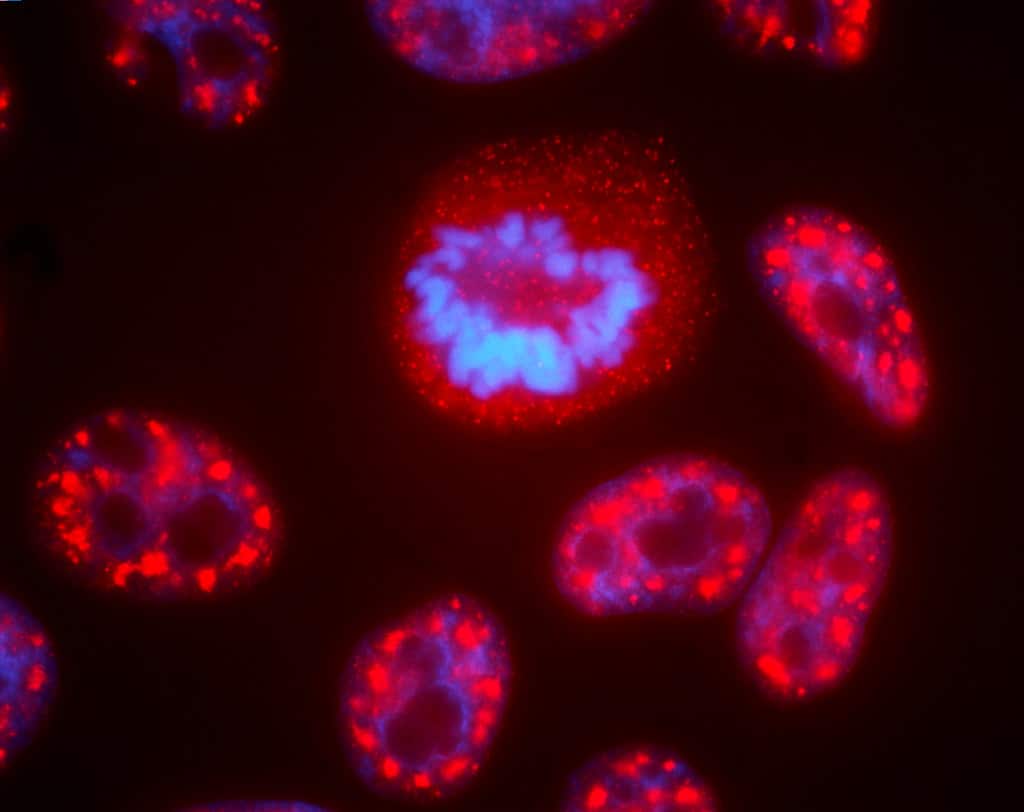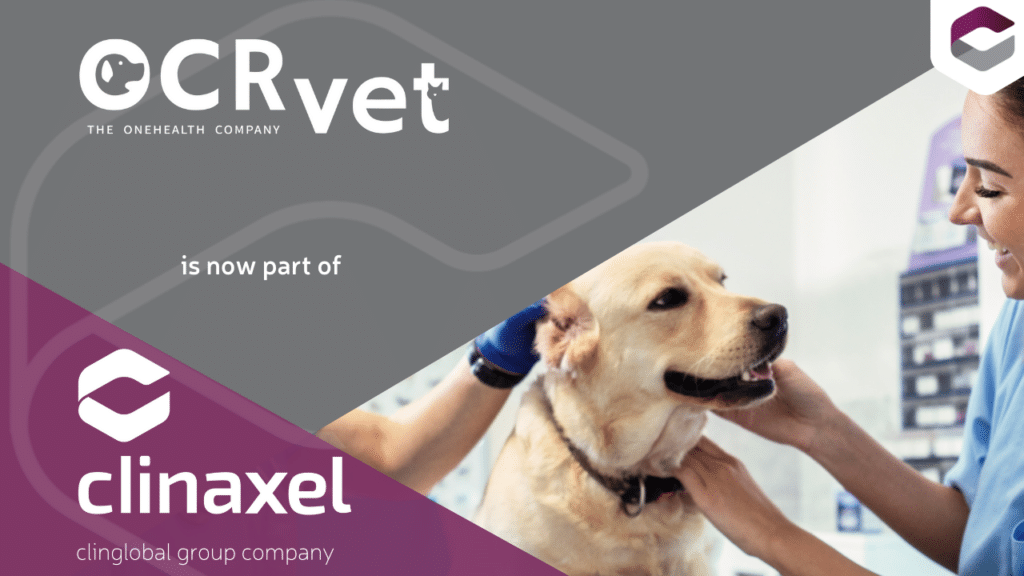OCR is a veterinary Contract Research Organization specialized in the design and monitoring of clinical trials on companion dogs and cats that spontaneously develop various chronic diseases like humans, including cancer. As coordinator of the “Animal models Platform”, OCR has been involved since 2012 in the SIRIC ONCO Lille, a consortium that includes human medicine oncologists and scientists. One of ONCOLille’s research projects investigates the influence of the human gut microbiota on prognosis and chemotherapy response in cancer patients.
Biofortis asked Dr Tierny and Dr Rybicka about their work in the development of products for human and animal health. Bioforis also asked their opinion about the importance of including the microbiome in such studies, the challenges it might represent, especially in the field of oncology.
OCR’s core business focuses on a comparative medicine approach for the assessment of novel nutraceuticals, drug candidates, and medical devices, in both human and animal Health. Due to progressive changes over the last decades, pet animals hold a special place in our homes, sharing the same living environment, lifestyle habits, and even food. Together with similar heterogeneity in the canine and feline populations, similar immunity, and often similar disease timelines, those factors make companion dogs and cats unique models in comparative research.
Interestingly, faecal microbial phylogeny (e.g. predominance of Firmicutes, Bacteroidetes, Proteobacteria, and Actinobacteria) and functional features of the canine and feline gut are similar to those of the human gut. According to a recently published study, the companion dog microbiome gene content overlaps with the human one at 63 %, much more than the murine and pig models do (only 20 and 33% respectively).
Although, in parallel to studies on the human microbiome, the understanding of the canine gastrointestinal and faecal microbiota composition increased, the analysis of its function is far from being complete.
Most microbiome data comes from studies on healthy laboratory dogs or puppies and do not fully reflect the conditions observed in companion dogs and cats. Current efforts in veterinary medicine research must focus on evaluating factors, such as antibiotics and other drug therapies, breed diversity, and common diseases, on the canine microbiome, and concurrently, its role in novel therapeutic approaches.
The commensal microbiome constitutes an important modulator of host physiology and disease risk, including cancer development and progression. Lately, it has been suggested that the microbiome can modulate the efficacy of anti-cancer treatment in humans, including chemotherapy, total body irradiation-induced barrier function disruption, and immunotherapy with immune checkpoint inhibitors. In canine cancer, significant differences in Faecalibacterium spp., Fusobacterium spp., Turicibacter spp., and Streptococcus spp. abundance between healthy dogs and dogs with multicentric lymphoma have been observed. Similarly, faecal microbiota of dogs with colorectal epithelial tumors and healthy controls showed distinct microbial community profiles.
These two initial studies on companion dogs with naturally developed tumors support the need for further investigation and the connection of current results with anti-cancer therapy. Questions such as whether these microbiota changes persist or improve with therapy, or even whether the microbiota may have an effect on chemotherapy in dogs itself are waiting elucidation. With growing awareness and interest in the role of the microbiome in drug discovery (excluding large groups in digestive medicine already on the market), it is expected that this matter will also come to the spotlight in drug discovery for companion animals. Some studies report that administration of probiotics and prebiotics could be an important preventive factor for chemoprevention strategies.
Despite cancer, other entities spontaneously occurring in pet dogs such as atopic dermatitis, inflammatory bowel disease, and periodontal diseases, gathered an increased interest from Biotech and Pharma industry. This trend brings us an exciting time for veterinary medicine research and might set a new branch of therapeutic targets in companion animals!



